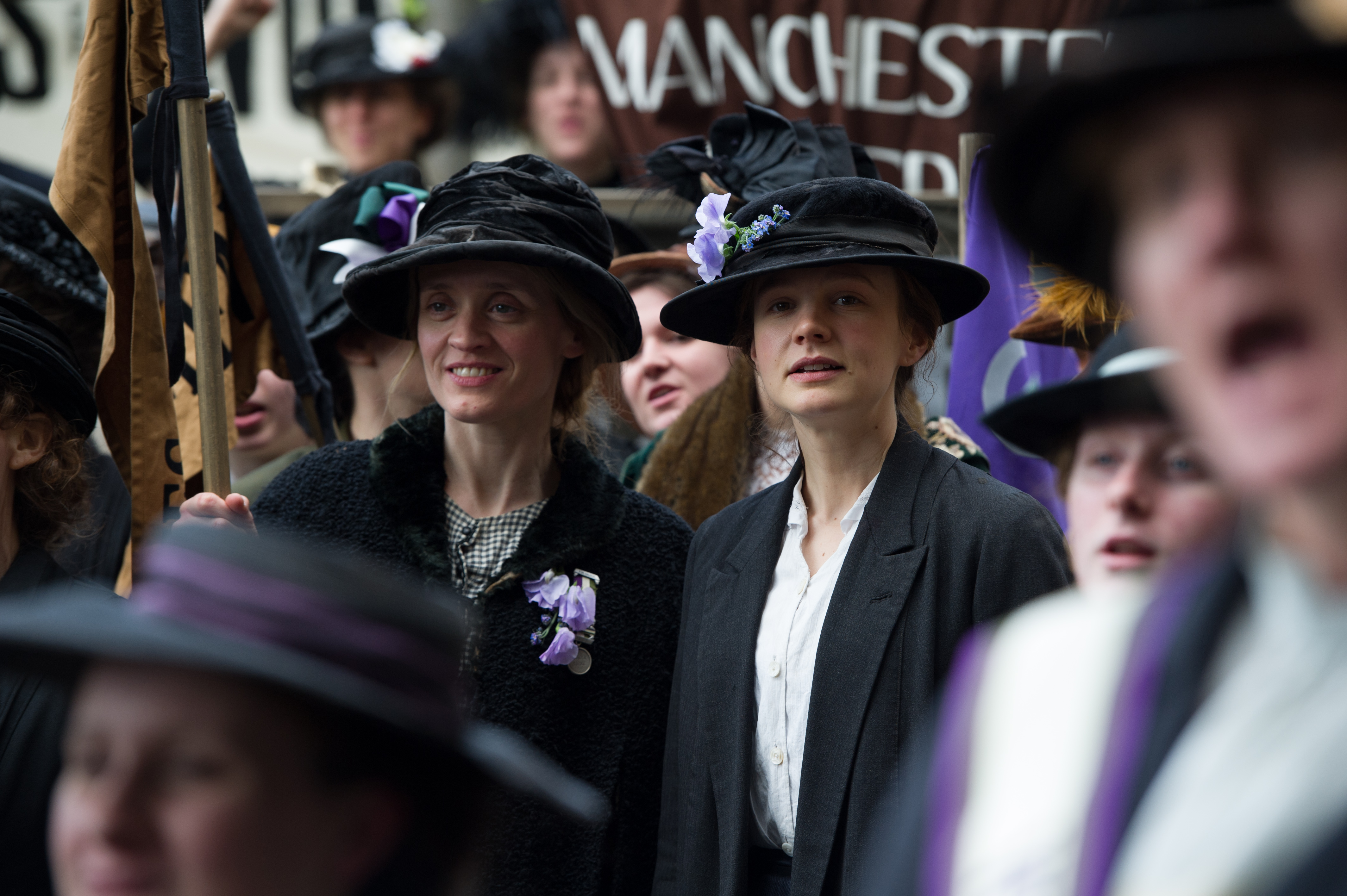 At an event that celebrated theater during the Suffragette movement, Professor Maggie Gale from the University of Manchester, revealed that her research had found that there were more plays written by women in crucial points in the 20th century than in the 21st.
At an event that celebrated theater during the Suffragette movement, Professor Maggie Gale from the University of Manchester, revealed that her research had found that there were more plays written by women in crucial points in the 20th century than in the 21st.
For instance, Gale found that in 1923, 18.4% of plays were written by women with that continuing to increase by 1936 with 20.4% and then all the way up to 22% in 1945. She estimated that only around 8-12% of plays today are written by women.
Gale noted that at the time since women’s rights were at the forefront, there were many plays written to reflect that issue and that many women were finding commercial success as playwrights.
If you look across 1900 – 1962, there are points at which there are more plays by women in production than there are now across the West End. There were a
lot of people writing new plays and a lot of try-outs. It was a commercial system which relied on experimental work coming in from the sides. Women’s work
fares quite well because production companies knew it would sell.
While these numbers feel equal parts proud for these women playwrights of the time and sad for our current numbers, it’s not terribly surprising. Both the theater and film worlds currently feel much more rigid in the material they consider mainstream. While it’s not theater, consider films such as Amy Heckerling’s Clueless or Thelma & Louise, both about female friendships, with female leads and that pass the Bechdel test — and both are films I suspect wouldn’t get made in today’s industry.
Gale’s research and findings speak volumes about the current theater (and even film) climate today. And it’s very depressing.
More plays written by women in the suffragette era than
today (The Telegraph)






